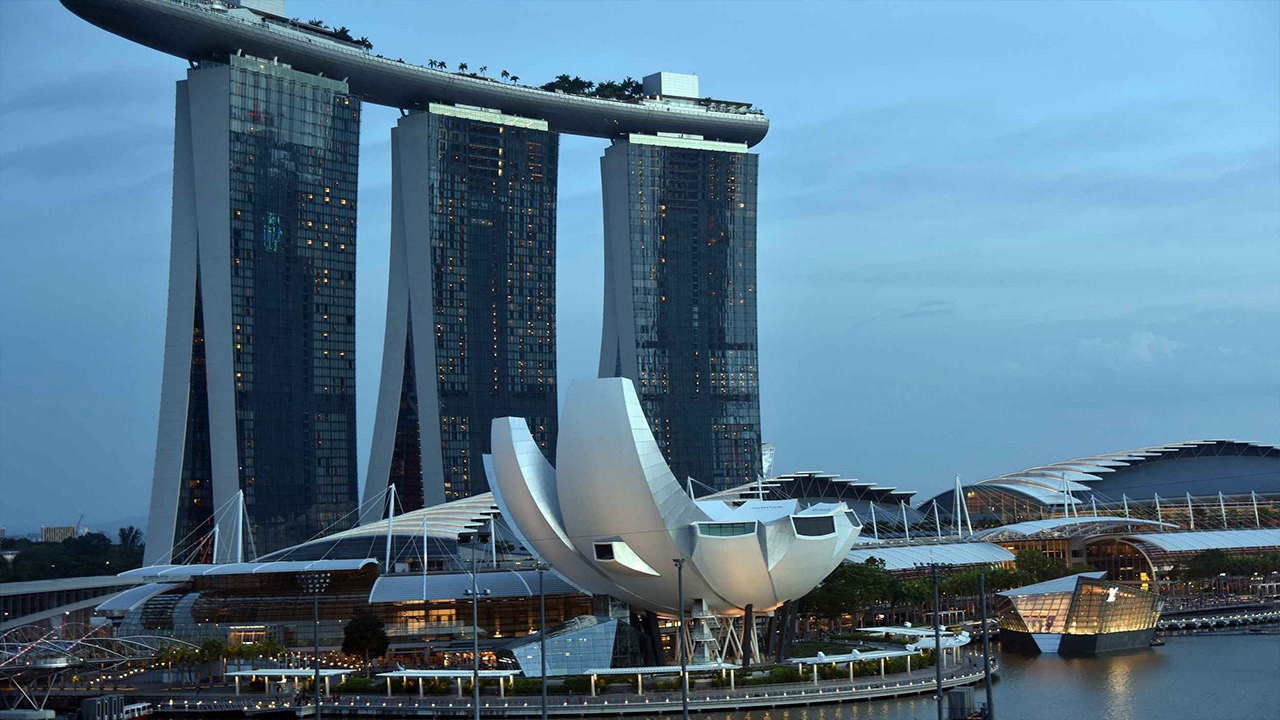
Business
14:20, 07-Apr-2018
Singapore promotes trade and regional economic integration
CGTN‘s Miro Lu

Singapore is settling into its one-year rotating chairmanship of the Association of Southeast Asian Nations (ASEAN) at a time when the region’s economic growth is outperforming the rest of the world. Some analysts expect Singapore, as a regional hub and perhaps ASEAN’s most open economy, to take a stronger leadership role in 2018.
Prime Minister Lee Hsien Loong at the ASEAN chairmanship handover ceremony last November said that Singapore would promote the theme of “resilience and innovation” and encourage its fellow ASEAN members to deal with emerging security threats, including terrorism, cybercrime and climate change.
He said his government would also push regional economic integration to enhance connectivity, focus on innovative ways to leverage digital technologies, and scale up the skills and capabilities of ASEAN citizens.
Singapore intends to focus on e-commerce at a time when ASEAN’s digital economy is projected to reach 200 billion US dollars by 2025. The priority is to streamline regional trade rules governing e-commerce, improve digital connectivity for businesses with a focus on smaller enterprises, and improve trade facilitation in the region.
Besides promoting trade within ASEAN, Singapore would also try to push forward talks for the ASEAN-led Regional Comprehensive Economic Partnership (RCEP), and hopes to get a consensus by the end of this year among member countries.
RCEP is a free trade agreement with all of ASEAN’s ten states and its six FTA partners, including China, India, Australia, New Zealand, Japan and South Korea. The trade pact will represent almost half of the world’s population, contributing to about 30 percent of the global GDP and over a quarter of world trade.

SITEMAP
Copyright © 2018 CGTN. Beijing ICP prepared NO.16065310-3
Copyright © 2018 CGTN. Beijing ICP prepared NO.16065310-3